
Have you ever wondered if someone is spying on you without your knowledge? Whether through hidden cameras, tracking devices, or even data mining, your privacy might be more exposed than you think. Let’s explore how others might monitor your activities, often without your consent, and how to protect your privacy in an increasingly watchful world.
The Unseen Network of Security Cameras
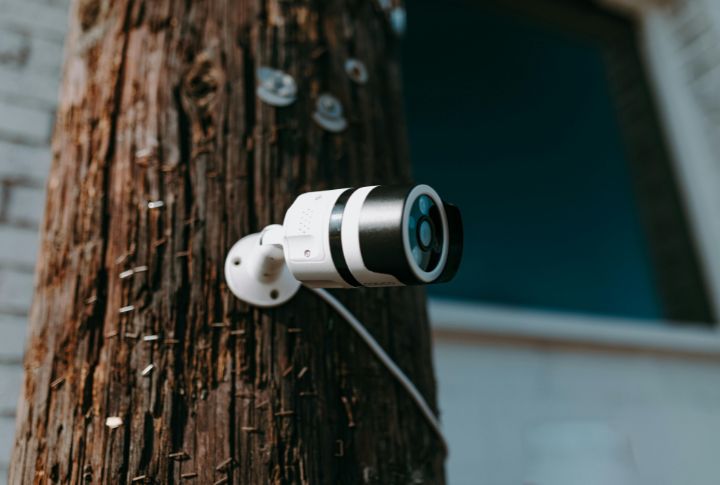
Surveillance cameras now outnumber people in some areas, with the U.S. housing over 70 million units. Public and private spaces are under constant observation, recording activities you may never notice. While intended for security, these systems blur the line between safety and intrusion.
Unconsented Cloud Storage Access

How secure are your cloud accounts? A single weak password can allow hackers to snoop on your personal files. Phishing scams and poor security measures also make it alarmingly easy for unauthorized individuals to exploit your cloud storage.
Your Digital Footprint Reveals More Than You Think
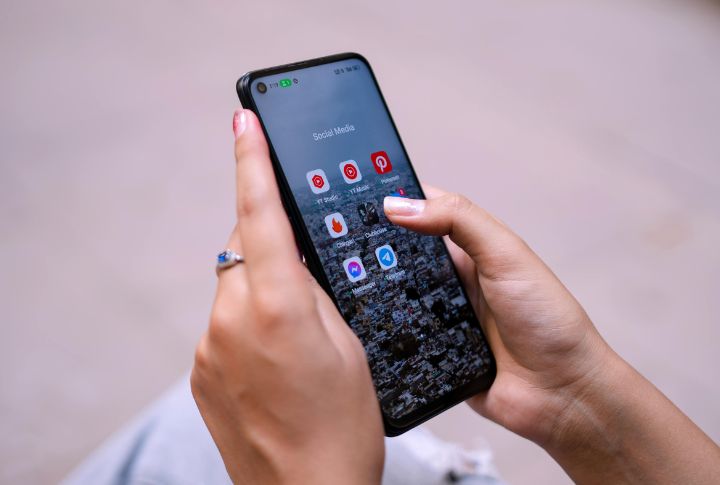
Stop leaving breadcrumbs across the internet. Websites track your clicks, and social media logs your every like. Over time, this data builds a profile about you that advertisers—and others—can use to predict your habits and preferences in surprising detail.
The Subtle Art of Listening Devices in Your Home

People sometimes embed miniature, hidden listening devices in everyday objects like clocks, smoke detectors, or toys. These devices can silently record conversations without apparent tampering, allowing someone to monitor your discussions from within the comfort of your home.
Tactics of Private Investigators

Private investigators have access to various surveillance techniques, both digital and physical. They can observe your actions without raising suspicion by using methods like shadowing, gathering data from public records, or tracking movements. They may be hired to keep track of your activities for personal or legal purposes.
Tracking Through Physical Devices in Your Possession
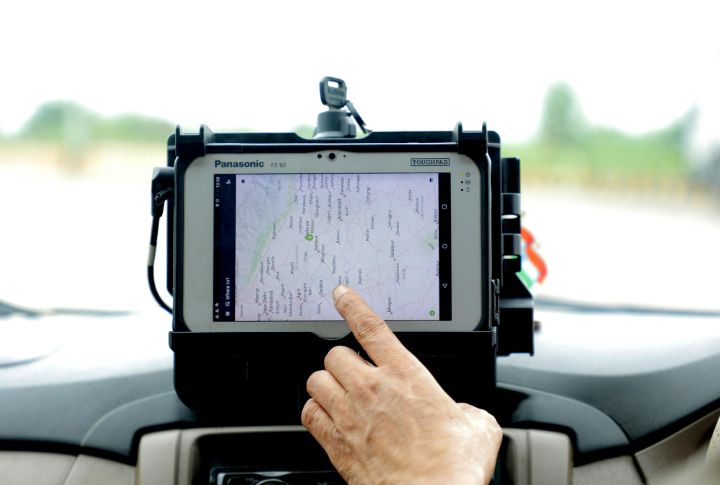
Check your belongings for hidden trackers. GPS devices can be discreetly attached to cars, and RFID chips in purchases might silently track your movements. Such tools collect data in real-time, creating an unseen map of your daily life.
Hidden Microphones in Common Household Items

Hidden in common household items, microphones can record conversations without your consent. Tiny equipment can be hidden in anything from phones to furniture, with the sole purpose of eavesdropping on your private moments. They are relatively easy to hide and nearly impossible for most people to detect.
Social Media Profiles Exposing Your Life

Reconsider what you share online. Posts, photos, and comments reveal more about your life than you might think. Social media platforms analyze your interactions to create detailed personas that can even pinpoint your location or predict your behavior.
The Role of Service Providers in Monitoring Your Activities
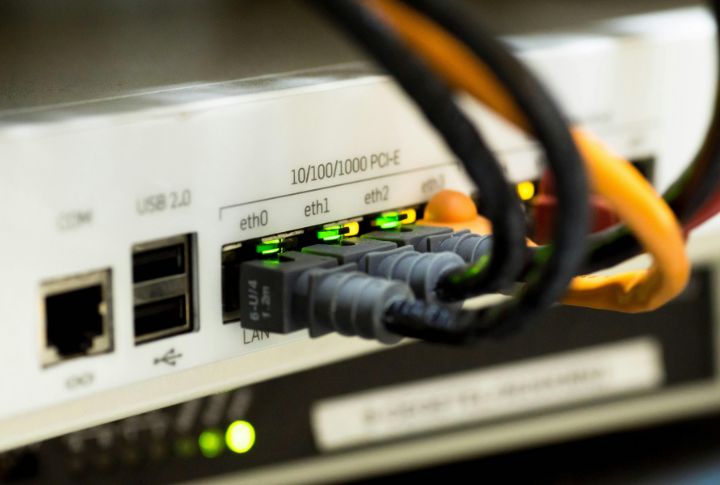
Your internet service provider and telecom companies hold the key to vast amounts of personal data. These corporations can track your internet usage, phone calls, and even locations, compiling a detailed profile of your daily activities. Such data can be used or shared with third parties under certain conditions.
Phishing Emails Are Dangerous

Do you know how to spot a phishing scam? Deceptive emails mimic legitimate institutions to trick you into revealing sensitive information. Clicking a single link could expose your passwords, financial details, or even your identity to cybercriminals.
Are Your Online Searches Leaving You Exposed?

Search engines know you better than your best friend. Every query builds a digital profile that advertisers and organizations can exploit. Even seemingly innocent searches add up, revealing interests and habits you didn’t intend to share.
The Hidden Dangers of Free Wi-Fi
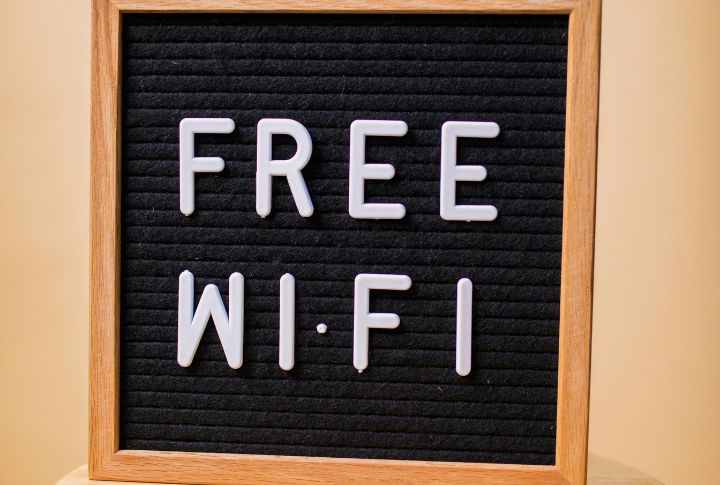
Public Wi-Fi hotspots are free real estate for hackers. Unsecured networks allow cybercriminals to intercept your emails, passwords, or even bank details. The convenience of free internet comes at the cost of your personal security.
Your Smart Devices May Be Listening to You
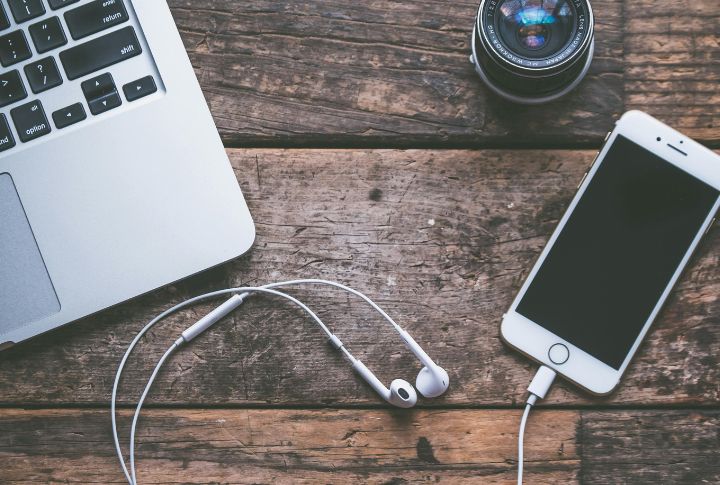
Smart devices such as voice assistants and smartphones can unintentionally record your conversations. These devices are often “always listening” for wake-up commands, which opens a potential door for data collection. In fact, companies may use this audio to improve services.
Secret Observation in Public Spaces
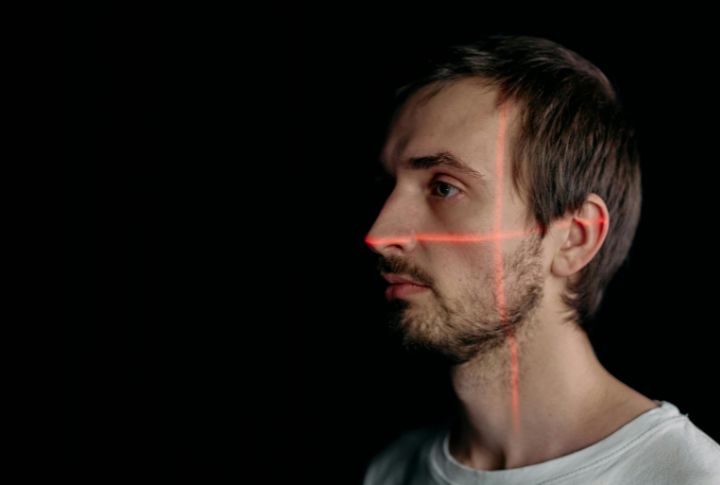
How much do public surveillance systems really see? Smart cities increasingly use facial recognition technology, tracking movements in real-time. However, this monitoring isn’t always transparent, leaving you unsure of how your data is used—or by whom.
How Your Shopping Habits Are Tracked and Sold
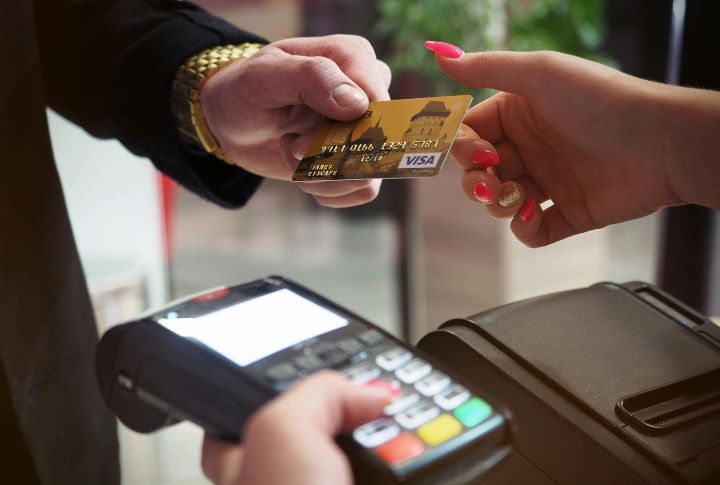
Retailers use loyalty cards, credit card purchases, and even mobile apps to track your shopping behaviors. Every item you buy can be cataloged, analyzed, and sold to third parties who use this data for targeted ads or to build a consumer profile.
Data Brokers in the Digital Age

Data brokers profit from your private life. These companies collect and sell everything from shopping habits to online search histories. Your preferences, interests, and even your vulnerabilities are turned into data points for advertisers without your knowledge.
The Vulnerabilities in Smart Home Systems
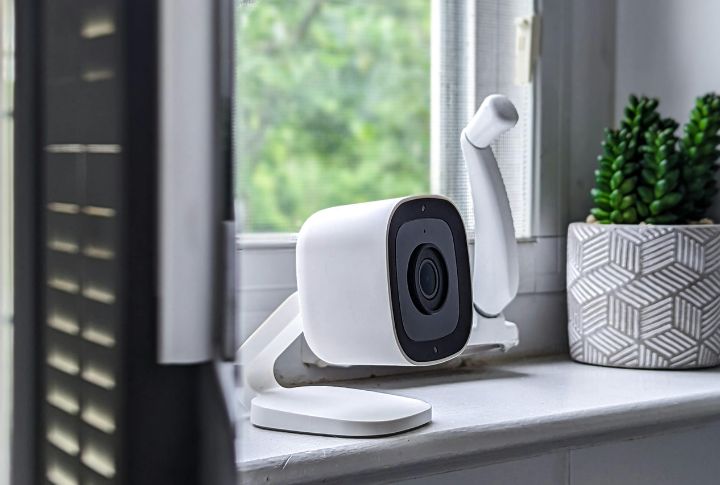
Many homes now use smart technologies, from thermostats to security cameras. While convenient, these devices can leave you vulnerable to hacking. Security flaws in smart home systems can expose personal data or allow unauthorized access, effectively allowing hackers to spy on you.
Using Your Phone’s Camera to Track You
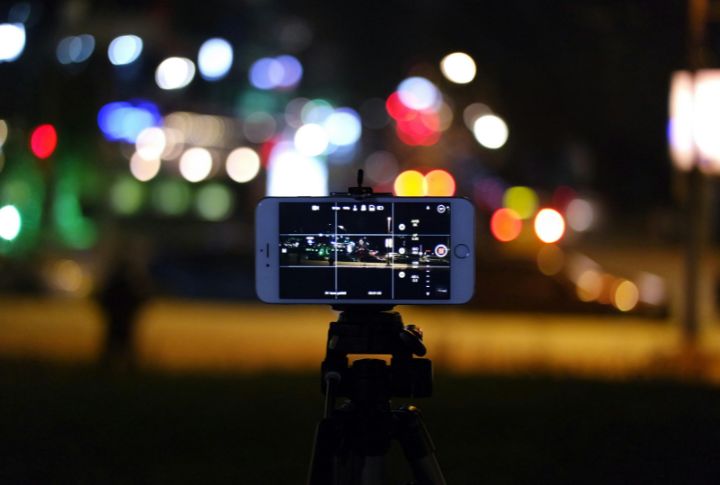
Could your phone’s camera be a spy tool? Apps sometimes request camera access without clear reasons. While convenient for legitimate uses, this capability can also be exploited bypeople posing tio be innocent to track your surroundings or record without consent.
The Dangers of Automated Surveillance Systems
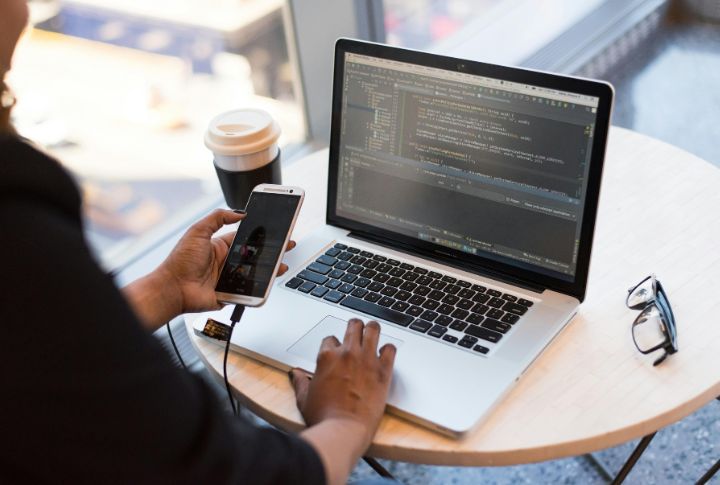
Automated systems, such as tracking algorithms or monitoring software, operate without human intervention. These systems gather data on your activities, whether you’re walking through a public space or browsing online, and build detailed profiles. Such systems make it easier to monitor your movements.
Your Online Identity Can Be Stolen

Cybercriminals target personal data from breaches and use it to steal identities or track your online movements. Information such as emails, social media profiles, and account details can be sold or traded on the dark web. Once compromised, your identity can be exploited.
